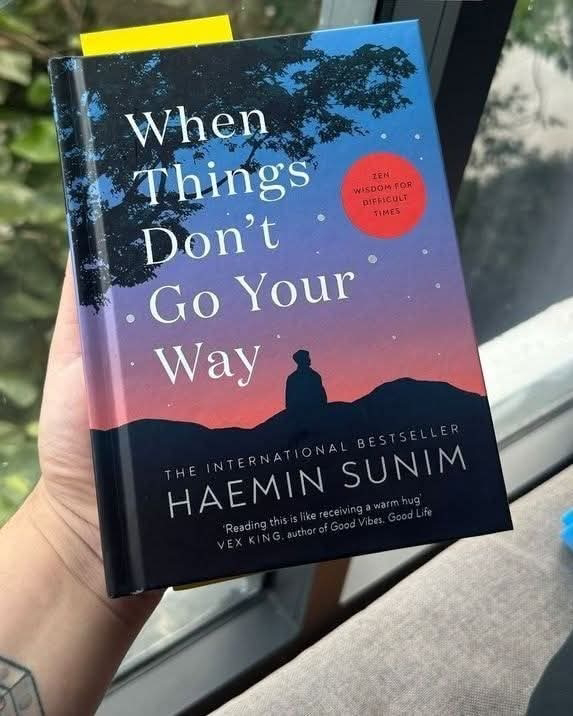Gavrani emphasizes that solitude should be viewed as an essential form of self-care. Being alone allows for emotional and mental recharge, leading to a deeper understanding of oneself and fostering personal growth.
2. Build a Strong Relationship with Yourself
Learning to enjoy your own company is vital. The book encourages readers to cultivate a strong, compassionate relationship with themselves, which lays the foundation for healthier relationships with others.
3. Silence as a Tool for Reflection
Silence is powerful in helping us listen to our inner voice. Gavrani suggests that by embracing silence, we open ourselves up to introspection and a clearer understanding of our thoughts and emotions.
4. Aloneness vs. Loneliness
Gavrani distinguishes between being alone and feeling lonely. Aloneness is a conscious choice for self-discovery and peace, while loneliness stems from a lack of connection. By appreciating time alone, we can reduce feelings of loneliness.
5. Use Alone Time for Creativity and Productivity
Solitude can be a productive space for creativity. Without distractions, you can focus on creative pursuits, hobbies, or self-improvement, finding inspiration in stillness.
6. Set Boundaries for Social Interactions
The book emphasizes the importance of setting boundaries in relationships to protect your energy. Gavrani encourages readers to balance social engagements with moments of solitude to maintain emotional well-being.
7. Find Joy in Simple Activities
Gavrani highlights the importance of finding joy in small, simple activities when alone, such as reading, walking, or journaling. These activities can bring peace and contentment without the need for external validation.
8. Develop Emotional Independence
One of the key lessons is to cultivate emotional independence. The book stresses that you don’t need to rely on others for happiness. By being emotionally self-reliant, you build resilience and inner strength.
BOOK: https://amzn.to/45qjxSF
You can also get the audio book for FREE using the same link. Use the link to register for the audio book on Audible and start enjoying it.







